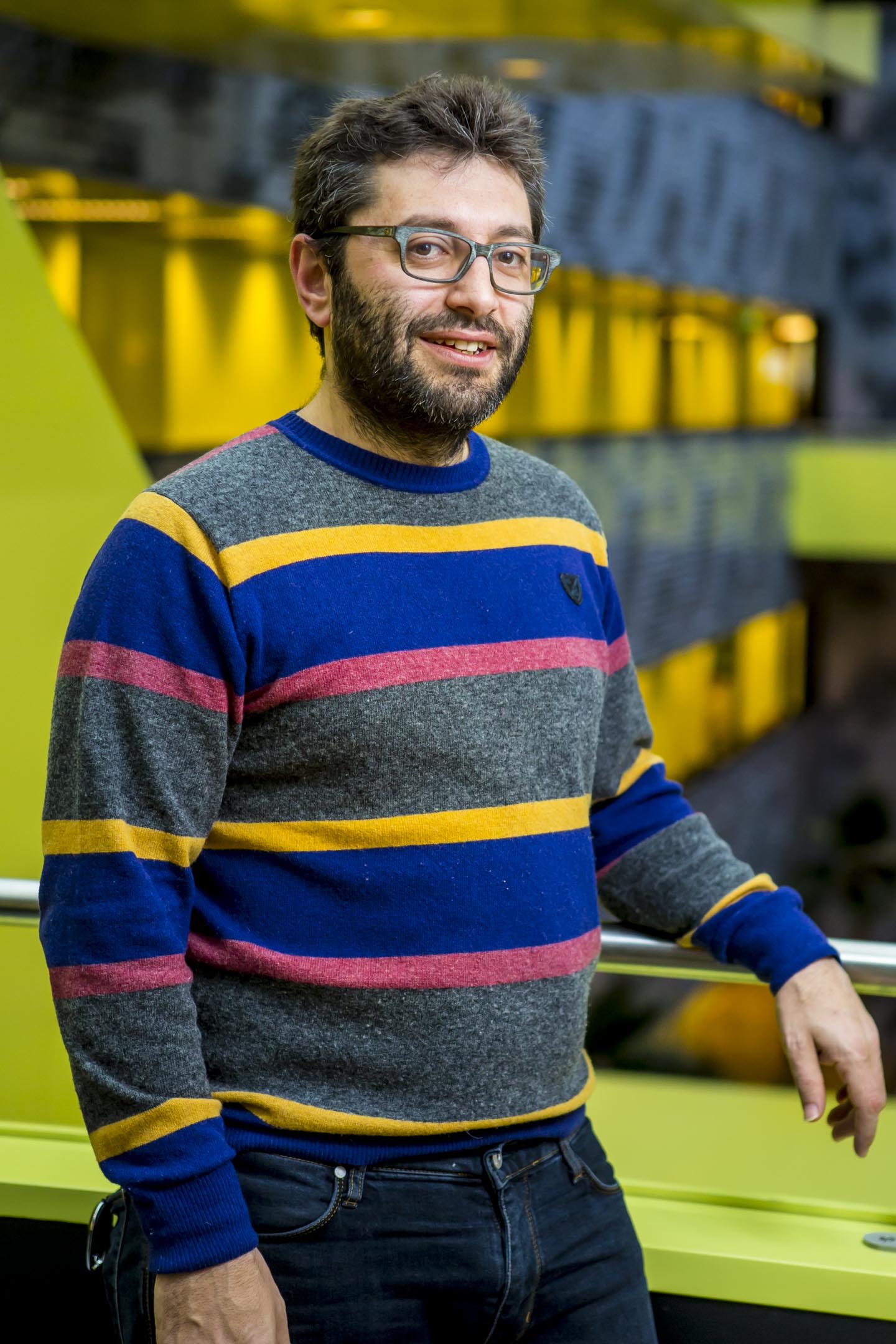How HLF changed my life: Evangelos Kanoulas
BLOG: Heidelberg Laureate Forum

The COVID-19 pandemic forces us all to pause, reflect, and adapt. While the 8th Heidelberg Laureate Forum has been postponed to September 2021, this year’s Virtual HLF will take place from Monday, September 21 until Friday, September 25, 2020. Its motto: Traversing Separation.
An excellent opportunity to review seven successful years of HLF and to follow-up on some alumni and their path since then.
Who are you, where are you from and what is your scientific background?
My name is Evangelos Kanoulas, I was born and raised in Greece and currently living in the Netherlands. My scientific field is the field of Information Retrieval. Information Retrieval strives to develop techniques to organize all forms of information and provide the right piece of it to the right people at the right time.

In which year did you attend the HLF and what were you doing back then?
I attended the first HLF in 2013. Back then I was a researcher at Google in Zurich, Switzerland, working on methods that teach machines to “understand” human language.
What inspired you most during the HLF?
The Turing Award laureates that attended the forum, their work, but more importantly their dedication to science.
What is your best memory you have from your stay in Heidelberg?
The work presented during the forum was very impressive. However, if I can remember one thing was the talk by Alan Kay. The style of presentation was really impressive, at a time when bullet list-based PowerPoint presentations were the norm.
What has happened in your life since then and in which position are you currently working?
In 2014, about a year after the 1st HLF, I joined the University of Amsterdam. Now I’m a professor of Information Retrieval at the University, and the co-founder of a spin-off, Ellogon AI.

Which advice would you give the next generation of Young Researchers?
Focus on the thing that you like to do and which inspires you; focus on science and good quality work; try to ignore quantity and quantifications like the h-index.

How does the coronavirus pandemic affect your professional and private life?
Working from home with the entire family there is not always fun. At the same time inefficiencies of the past are reduced and bureaucratic processes slowly disappear which makes work more focused. The pandemic hit mostly my students, who found themselves in such a young age isolated from their friends and collogues, in small apartments struggling to cope with their work and the absence of social life.
What is the most valuable lesson the pandemic taught you so far?
We all need to work together and work hard for a fair world, for equality and equal opportunities, for a world in which the most vulnerable are protected, for a world in which science drives the decisions.
You mentioned the startup Ellogon AI, which you co-founded in 2019. What is its purpose?
The purpose of Ellogon AI is digital pathology, artificial intelligence, and health economics. More concrete, the purpose is to provide personalized treatment for cancer patients, by discovering biomarkers in histopathology images and connecting them with treatment outcome. Deep neural networks are trained on biopsy slides to locate and classify structures of cells that pathology has shown to affect the chances that certain treatments, like immunotherapy, will have positive outcomes towards treating cancer. This way we can tailor cancer treatments to patients on the basis of what works the best for them, increase survival rates, and reduce painful side effects.

